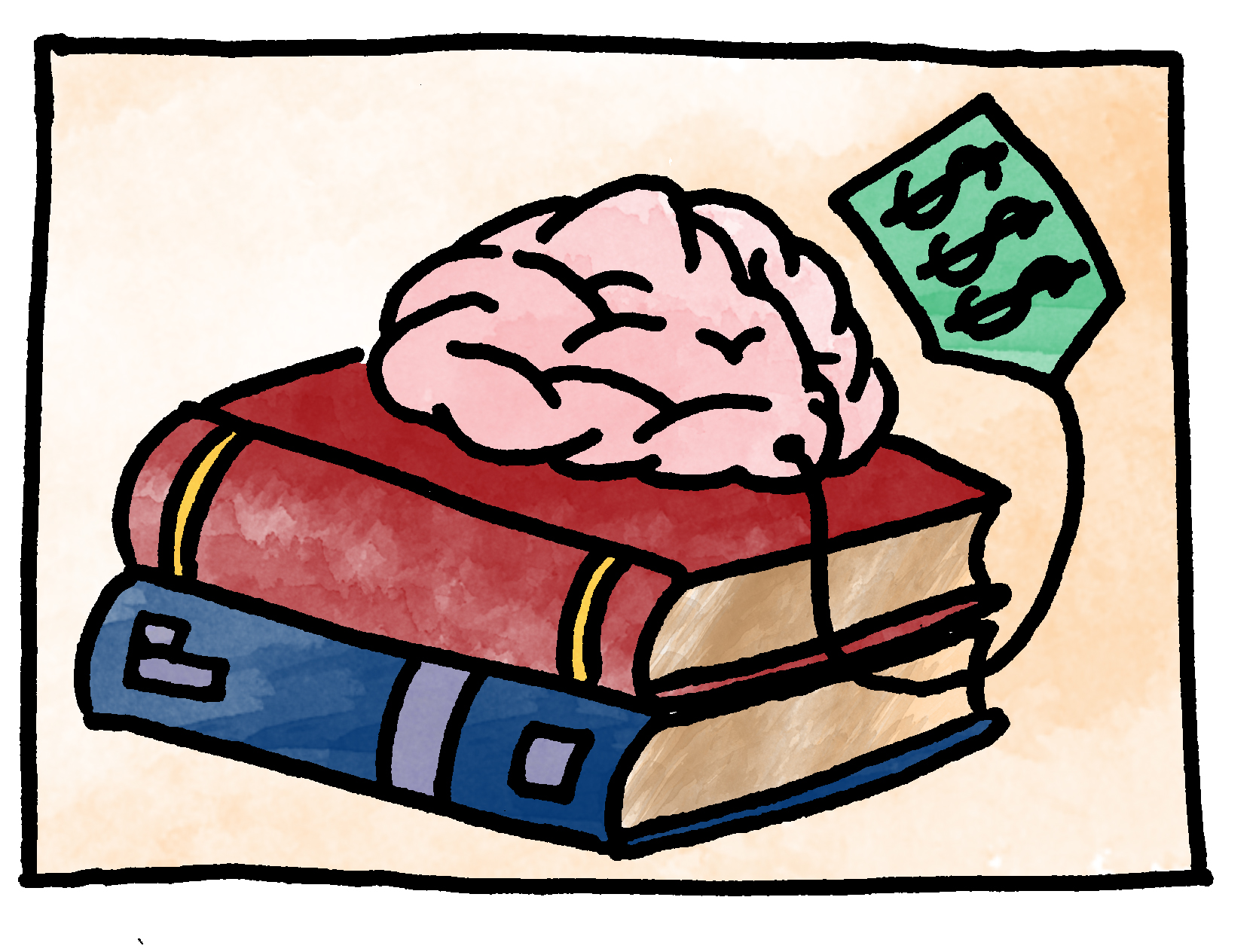Past coronavirus: an open-access future for academics
April 3, 2020
 This
piece represents the opinion of the author
.
This
piece represents the opinion of the author
.
 Alex Burns
Alex BurnsAs Bowdoin students, we are fortunate enough to have access to an immense range of databases from which we can draw information for our academic research. I benefit from it daily, curiously searching for new articles and sources related to my studies and my life as a student. It is all so fascinating—so much knowledge, and to all of it, we have access. Often, we don’t have to worry because Bowdoin provides access to a vast number of articles. Bowdoin does not have all of them, but Interlibrary Loan is there to help when one of us is in need.
As we browse the pages of JSTOR, Taylor & Francis, Elsevier Journals or other related journals and databases, it is important for us to consider the way in which that information is offered. Not all of us have access to it. Those outside universities often cannot access it due to incredibly expensive paywalls. Quite simply: it follows a profit-driven model, an aim antithetical to the honest pursuit of knowledge.
In short, JSTOR is a business that profits off the commodification of knowledge while making sure to charge universities high-prices for their database packages. An individual research subscription to JSTOR is $199 a year, thus making it unattainable for those outside of academic institutions.
This problem has persisted long before the advent of the internet and people have died in this fight for open access to information. Aaron Swartz, a computer programmer and technology ethicist at MIT committed suicide in 2013 after being prosecuted for the illegal download of 4.5 million documents from JSTOR and the subsequent publishing of them online.
In a shocking move, the prosecutor recommended an exorbitant sentence of 35 years in prison, causing Swartz to take his own life. Swartz is not the only fighter in the case for open access to information, and the battle is crucial to the fight for a better world. Professors at the University of California Berkeley started boycotting Elsevier over the high price they charge for the database and refused to assign academic materials that could only be found behind paywalls.
In 2012, “The Cost of Knowledge” was published online. It is a website and petition that allowed people to side with the movement that wanted to expose the cost of producing, redistributing and sharing academic knowledge.
In many cases, those that have produced the knowledge, such as professors, have to give up their copyrights to the publisher. The publisher then sells the article to institutions at a highly inflated price. It is a money-making scheme, one that limits the world’s access to information and the possibility of using that academic knowledge in important future research.
The move to open access is happening as I am typing this. It has been happening for a long time. Researchers have been calling for free and equal access to academic information for everyone. Chances are we might have all read articles coming from open-source journals, but we did not really pay attention. Maybe now it is time to start.
As the pandemic of COVID-19 expands, and the situation continues to worsen, we have to stay at home and social distance ourselves. We spend more time on our computers than we have ever done before, browsing social media and searching for information to digest. Because of this, and in an attempt to play the hero during this time of great uncertainty, JSTOR has made a sizable share of its archive available to the public.
This move was applauded by a bunch of my Facebook friends who shared the article, happily thinking of the free information now available right at their fingertips. Their posts did not shock me, but rather made me think back to Aaron Swartz, specifically to his ideas of everyone collectively benefiting from the sharing of scholarly information.
In his “Guerrilla Open Access Manifesto,” Swartz said that information is power. But like all power, there are those who want to keep it for themselves. The world’s entire scientific and cultural heritage, published over centuries in books and journals, is increasingly being digitized and locked up by a handful of private corporations. Want to read the papers detailing famous science experiments or great literary debates? You’ll need to pay.
What Aaron Swartz left us is the courage to try and break the wall that exists between the public and the profit-driven industry of academic publishing. In his eyes, information was meant to be free and accessible. Progress was meant for the common good, in the benefit of everyone, not only for a selected few.
The move to open-access would empower those without financial privilege. It would make academia more approachable to a public that sees professors and researchers as largely closed-off in great ivory towers. And most importantly, it would radically shift the paradigm of knowledge, regaining the status to with it should forever be enshrined: open and for everyone.
Radu Stochita is a member of the Class of 2022.

Comments
Before submitting a comment, please review our comment policy. Some key points from the policy: